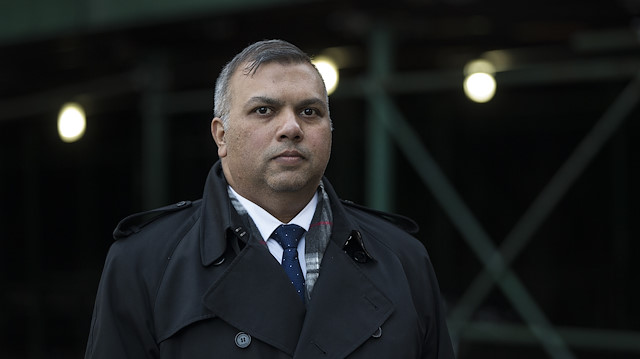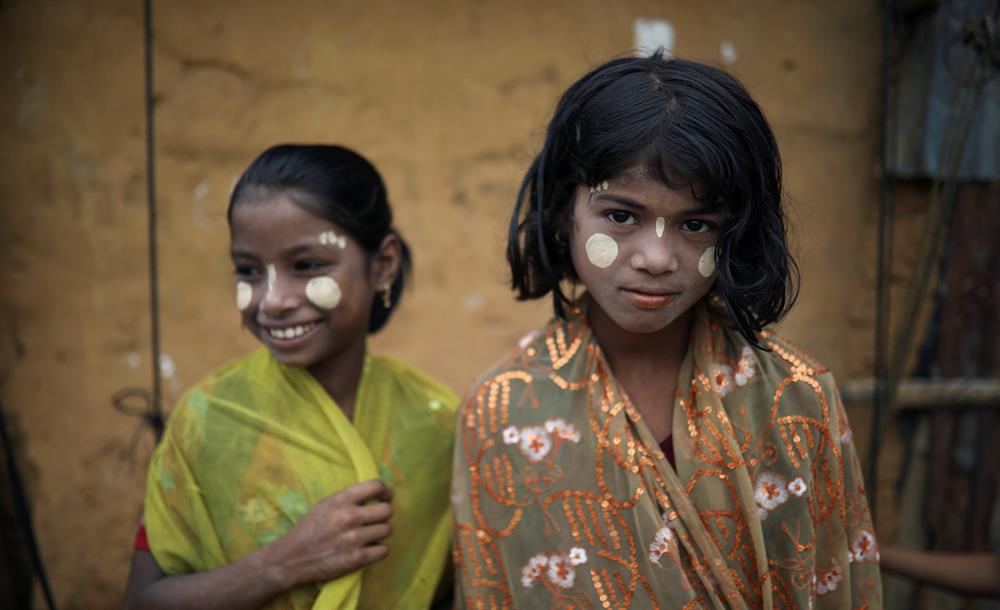
I am surprised some countries downplay the issue, says director of Burma Human Rights Network
Some states hinder our work in raising awareness about the Rohingya genocide in Myanmar, head of a rights groups said Sunday.
Kyaw Win, director of Burma Human Rights Network (BHRN), said: “Some countries in the UN Security Council seem to prefer their interests over humanity. Some superpowers put obstacles in front of us on the Myanmar issue.”
Speaking on the sidelines of a session on Myanmar at the UN Security Council, he said: “This is very important: genocide against Rohingya Muslims continues in Myanmar, it’s not over yet. I am surprised that some countries still downplay this issue.Muslims living in Myanmar face many persecutions. There are 76 regions where Muslims are forbidden to enter. Muslims are not given jobs in many places.

"Since the beginning of 2018, 20 mosques have been closed all over the country and some churches have been locked down. Religious freedom is under threat in Myanmar."
Praising efforts by Turkey on the issue, he said: "I want to thank the leaders and people of Turkey. You are a great example in the Muslim world and you have been the first to respond to this crisis. We admire your efforts. I would also like to call the Organization of Islamic Cooperation (OIC) to put more pressure on Myanmar government to solve this problem as soon as possible. Please help us on this issue."
The Rohingya, described by the UN as the world's most persecuted people, have faced heightened fears of attack since dozens were killed in communal violence in 2012.
Since Aug. 25, 2017, nearly 24,000 Rohingya Muslims have been killed by Myanmar’s state forces, according to a report by the Ontario International Development Agency (OIDA).
More than 34,000 Rohingya were also thrown into fires, while over 114,000 others were beaten, said the OIDA report, titled "Forced Migration of Rohingya: The Untold Experience".
Some 18,000 Rohingya women and girls were raped by Myanmar’s army and police and over 115,000 Rohingya homes were burned down and 113,000 others vandalized, it added.
According to Amnesty International, more than 750,000 Rohingya refugees, mostly children, and women, fled Myanmar and crossed into Bangladesh after Myanmar forces launched a crackdown on the minority Muslim community in August 2017.
The UN has documented mass gang rapes, killings -- including of infants and young children -- brutal beatings, and disappearances committed by Myanmar state forces. In a report, UN investigators said such violations may have constituted crimes against humanity.



